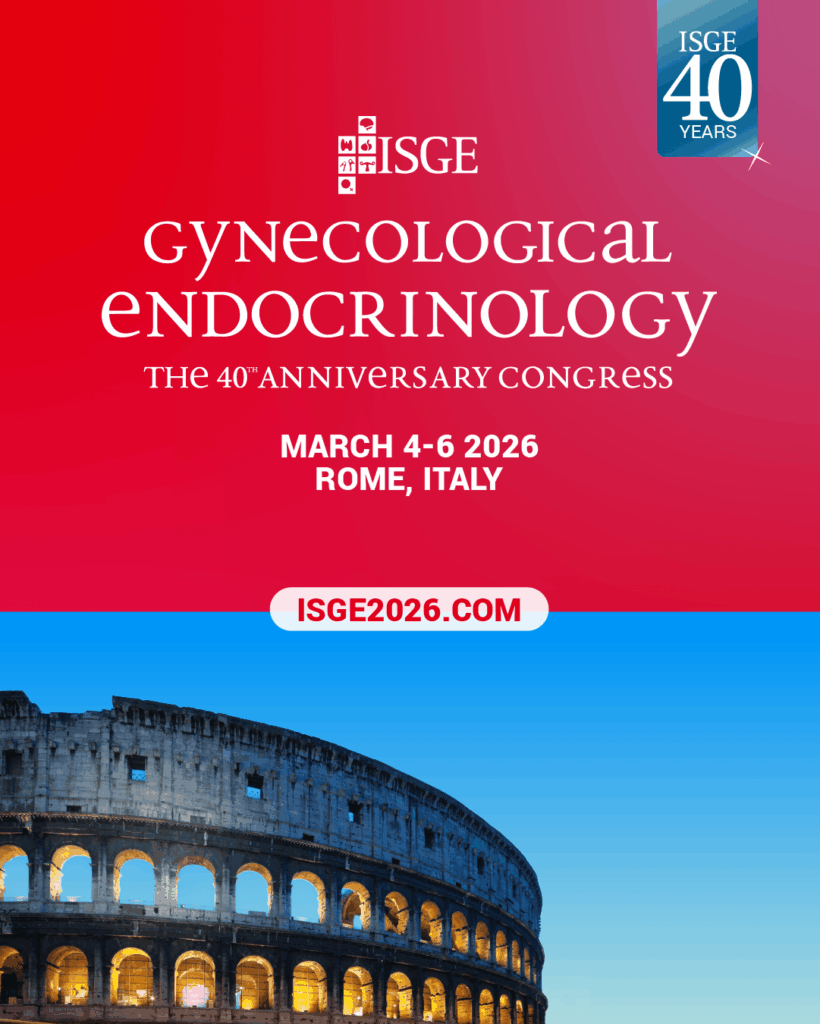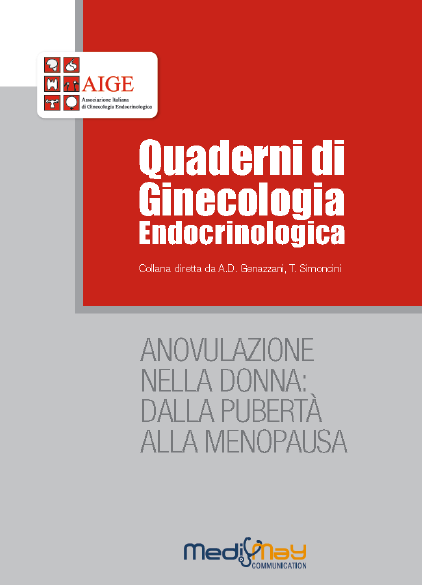Gli effetti a breve e lungo termine dell’ipoestrogenismo conseguente all’insorgenza della menopausa sono stati negli ultimi anni motivo di studio e frontiera per introdurre nuove terapie con il fine di migliorare la qualità di vita delle donne, le quali trascorreranno verosimilmente ancora 30-40 anni della loro vita nel periodo post-menopausale. Questa review si pone quindi l’obiettivo di svelare i meccanismi fisiopatologici alla base della Sindrome Genito Urinaria della Menopausa, fornendo spunti terapeutici di interesse pratico e approfondendo anche due condizioni oggetto di recenti studi: i quadri di ipoandrogenismo e le situazioni di carenza combinata di estrogeni ed androgeni endogeni durante la terapia contraccettiva nelle donne in età fertile.
******
As it is widely known, menopause is characterized by low levels of estradiol. Long-term and short-term effects of this condition have recently been a matter of interest in many studies and new therapies have been launched with the aim of giving women a better quality of life. Also, nowadays we can consider that women will spend at least 30-40 years longer in their post-menopausal period. The aim of this review is to enable a better understanding of the pathophysiological mechanisms causing the Genito-urinary Syndrome of Menopause and provide therapeutic advices for everyday clinical practice. Moreover, hypo-androgenism during menopause will be analized, together with the frequent conditions of hypo-estrogenism and hypo-androgenism that occurs in young patients undergoing Oral Contraceptives.
Minireview 09 Mar 2020








